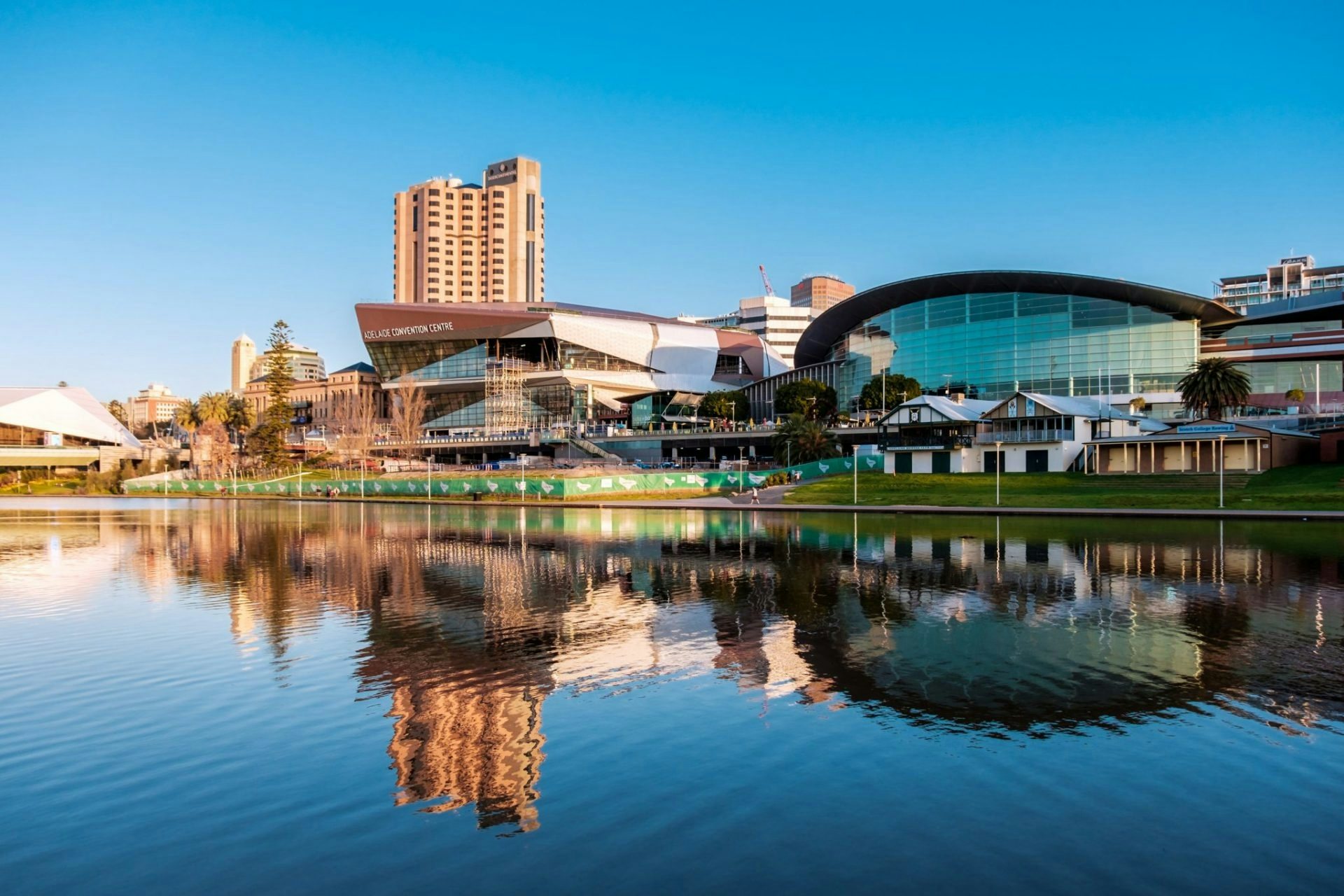Anthony Coles, the founder of the Sinosphere Australia consultancy, says that Adelaide, in South Australia, could easily be marketed as a health destination for Asian tourists. Coles, who is also on the Board of South Australian Tourism Industry Council, cited the city’s planned proton therapy center at the Health and Medical Research Institute as an example of what the city could offer.
Moreover, he argued that South Australia and the Northern Territory should set up “special economic zones” focused on health to market services and attract visitors.
It’s a novel idea; many countries have special economic zones, mainly to attract foreign firms to engage in FDI either through trade or industry. Special economic zones are areas that apply different tax laws and business regulations to foreign firms in order to facilitate foreign investment and drive domestic industry and employment.
Health tourism has been a major draw for Chinese tourists to Western countries, particularly the U.S. In May, the New York Times discussed the trend of wealthy Chinese with serious illnesses traveling to the U.S. and paying for expensive treatments all out of pocket.
While Chinese hospitals have improved in quality in the past decades, there is still a significant gap in quality of services and level of expertise in China, even in its most developed cities. Although not traditionally associated with luxury travel, in terms of cost and clientele, this kind of health tourism is every bit as “luxury” as high-end resorts and spas.
Health tourism does not simply benefit cash-strapped hospitals. It provides revenue for airlines, hotels, and services needed to facilitate long-term health tourism. Given its relative proximity to China compared to the U.S., Australia could certainly benefit from attracting wealthy Chinese interested in obtaining higher quality treatment abroad.
However, no country in the world has established a special economic zone to promote the health industry and Australia does not currently have any such areas.
Such zones are traditionally established in developing countries without the capital or expertise to develop domestic industry, like China, Bangladesh, and India. There are exceptions to this: South Korea, Greece, and Poland all have special economic zones.


